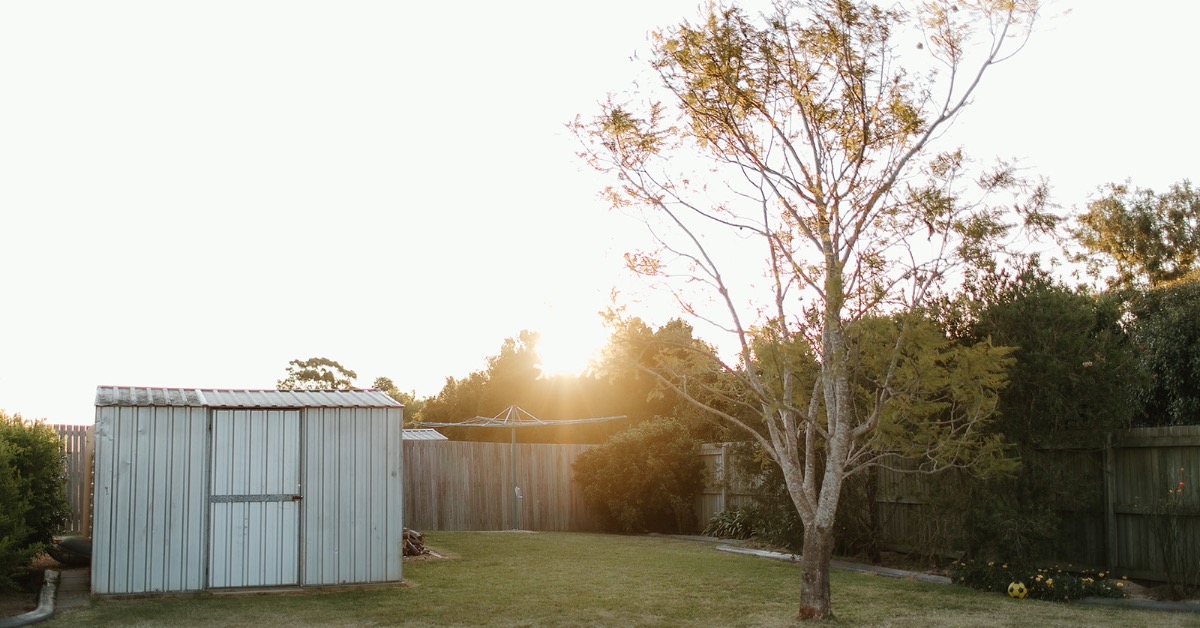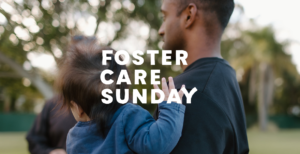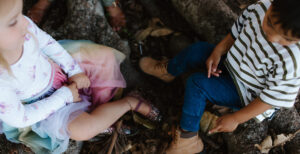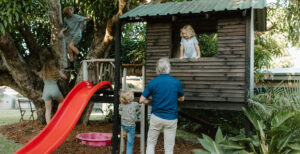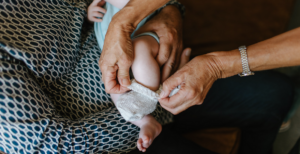Care and culture
Culture is a key consideration within the Out-of-Home Care space.
Regardless of the reason why a child or young person enters the care systems, it involves loss. They experience a level of disconnection from their family and the world they’ve known.
Culture is interrelated with family, identity, safety, and wellbeing. Disconnection from culture represents another loss for a child who has entered Out-of-Home Care. Is it important for the culture and heritage of every child and young person in out-of-home care to be respected and supported.
When a child knows that we value their culture, they know that we value them.
Aboriginal and Torres Strait Islander children represent a significant proportion (39%) of the children in Australia who are on a Care and Protection Order.[1] The Aboriginal and Torres Strait Islander Child Placement Principle (ATSICPP) is a significant framework designed to promote policy and practice to reduce the over-representation of Aboriginal and Torres Strait Islander children in the child protection system. The underlying premise is that removal of an Aboriginal and Torres Strait Islander children from their family should be a last resort intervention and if a child is removed, reunification should be a high priority.[2]
“Cultural identity and connection to family, community and country/land are the birth right of every Aboriginal and Torres Strait Islander child and what they need to prosper.”[3]
The Aboriginal and Torres Strait Islander Child Placement Principle has been enacted to varying levels in State and Territory legislation but the three core elements include:
- Prioritising placement of Aboriginal and Torres Strait Islander children with their Aboriginal and Torres Strait Islander family, community, or other Aboriginal and Torres Strait Islander families where safe.
- Consultation with Aboriginal and Torres Strait Islander families, communities and organisations.
- Supporting Aboriginal and Torres Strait Islander children in Out-of-Home Care to maintain connection to their family, community and culture, especially children placed with non-Indigenous carers.[4]
There are accredited Aboriginal community-controlled organisations who provide Out-of-Home Care services for Aboriginal and Torres Strait Islander children that you might wish to connect with. Irrespective of the Out-of-Home Care organisation or state or territory, supporting and enabling an Aboriginal and Torres Strait Islander child to thrive involves valuing, respecting and meeting their cultural needs.
Non-Indigenous carers are encouraged and expected to actively engage with a child’s Cultural Plan and participate in relevant training (for example, Nikara’s Journey is a two-day workshop offered by VACCA and Carer Kafe, equipping carers of Aboriginal children to support the best interest of the child in their care.
The Homeward Project acknowledges the dark history within our country including the Stolen Generations. We would encourage all Australians to commit to ongoing learning in this space and recommend accessing readily available resources to learn more. Australians Together or Common Grace may be somewhere to start.
References:
[1] Of the children on care and protection orders, 39% (24,000 or 71 per 1,000) were Indigenous. Australian Institute of Health and Welfare. (2022). Child protection Australia 2020–21. Retrieved from https://www.aihw.gov.au/reports/child-protection/child-protection-australia-2020-21
[2] Secretariat of National Aboriginal and Islander Child Care (2023). The Aboriginal and Torres Strait Islander Child Placement Principle [webpage]. Retrieved from https://www.snaicc.org.au/aboriginal-and-torres-strait-islander-child-placement-principle/
[3] Secretariat of National Aboriginal and Islander Child Care (2023). Eight Priorities [webpage]. Retrieved from https://www.snaicc.org.au/about/vision-and-purpose/eight-priorities/
[4] Secretariat of National Aboriginal and Islander Child Care (2023). The Aboriginal and Torres Strait Islander Child Placement Principle [webpage]. Retrieved from https://www.snaicc.org.au/aboriginal-and-torres-strait-islander-child-placement-principle/

